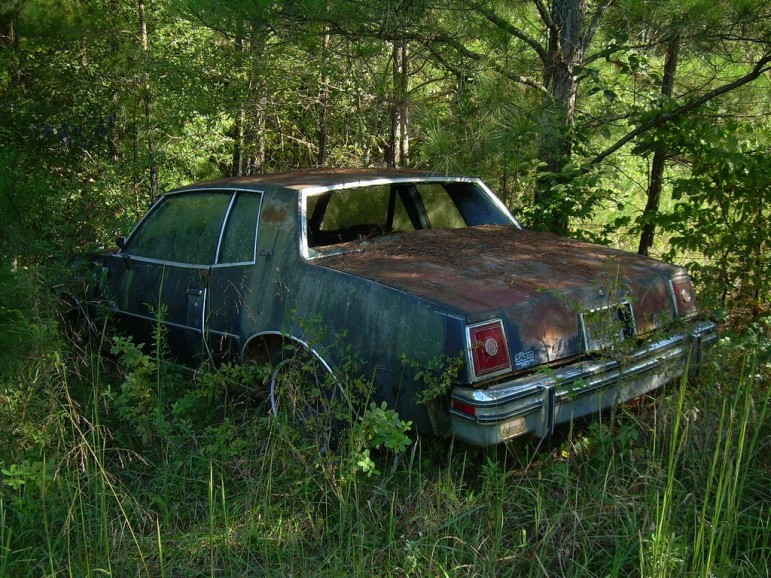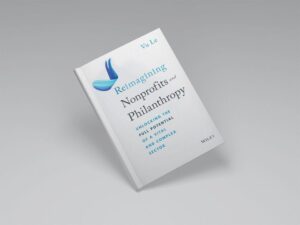
October 14, 2015; Minneapolis Star Tribune
Minnesota Attorney General Lori Swanson just issued a report that finds that the largest car donation enterprise in the country is little more than a self-dealing, profit-making enterprise. Car Donation Foundation, which has a presence in 40 states, is accused of passing along only 20 percent of what it raises to the charity it claims to support, the Make-A-Wish Foundation.
Meanwhile, she says, the foundation passed along nearly $36 million to two for-profit corporations owned by William Bigley and Randy Heiligman, who founded and manage the charity. The two firms in question are National Fundraising Management Inc. and Metro Metals Corp., which the Car Donation Foundation uses as its scrapyard and auction house.
The report covers the four-year period from 2011 to 2014. “Approximately 80 percent of the revenue that Car Donation Foundation received from charitable vehicle donations was spent on payments to these companies and other fundraising and administrative costs during these years, with only about 20 percent going to charity.”
Chris Duffy of Goff Public, a St. Paul public relations firm speaking on behalf of Bigley and Heiligman, said in a statement issued in response to the allegations that “National Fundraising Management provides great value to donors and our charity partner, Car Donation Foundation. The attorney general’s compliance report fails to recognize the significant marketing, operational, and compliance costs involved in any car donation program, which Car Donation Foundation pays National Fundraising Management to assume.”
Sign up for our free newsletters
Subscribe to NPQ's newsletters to have our top stories delivered directly to your inbox.
By signing up, you agree to our privacy policy and terms of use, and to receive messages from NPQ and our partners.
The compliance report also found “the Car Donation Foundation’s solicitations were misleading because they did not disclose that Car Donation Foundation—rather than Make-A-Wish—was the recipient of the donated vehicles. Solicitations instead featured [the] ‘Wheels for Wishes’ name in conjunction with the Make-A-Wish name, as depicted in newspaper and Internet ads.”
Minnesota law prohibits this type of likeness-based deception in fundraising, but Minnesota is not the only state that has the foundation in its sights. In 2014, the Car Donation Foundation ended up on the “Scrooge List” published by the South Carolina secretary of state and the Oregon AG’s “Worst Charity” list, so we have to assume that they had some awareness that there were problems afoot.
The attorney general’s office is requiring Make-A-Wish to file a report in 30 days right along with the Car Donation Foundation, detailing the steps they will take to fix the situation. Based upon the reports received from the charities, the office will determine if any additional action is warranted under the laws regulating charitable institutions and their for-profit vendors.
For its part, the Make-A-Wish Foundation denied any responsibility. Swanson did reveal that the CEO of Make-A-Wish Minnesota resigned in June in the midst of an independent probe. Reportedly, “the charity told Swanson’s office he was paid $70,000 by the private companies to help line up deals between local chapters around the country and the car-donation charity, receiving $5,000 for every contract arranged.”
No one ever said this kind of stuff doesn’t pay, at least in the short run. The Car Donation Foundation’s revenue for 2014 was $37.3 million in 2014, which is more than twice what it was in 2011.—Ruth McCambridge










